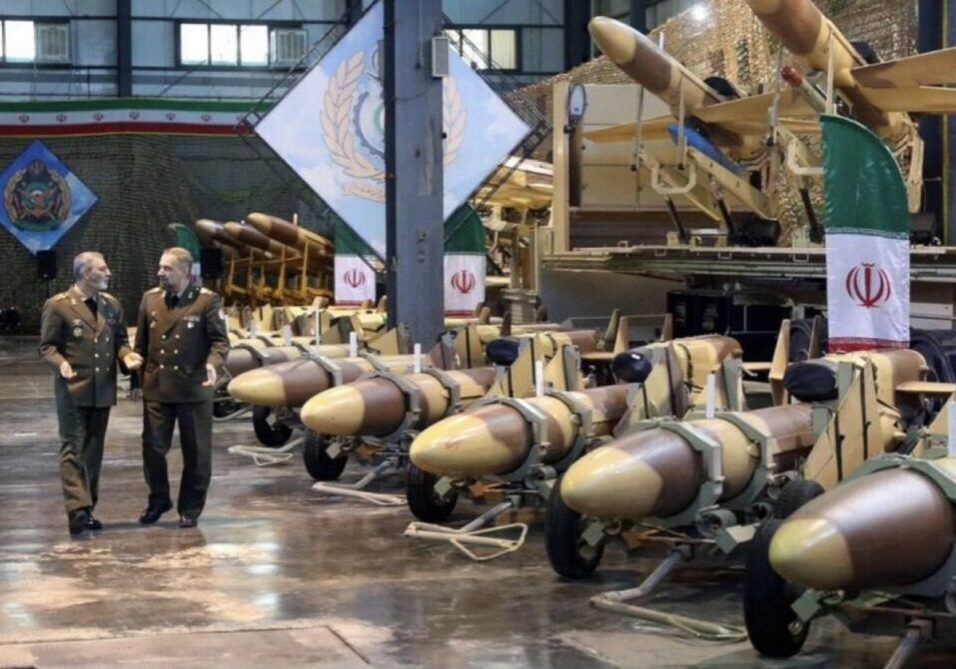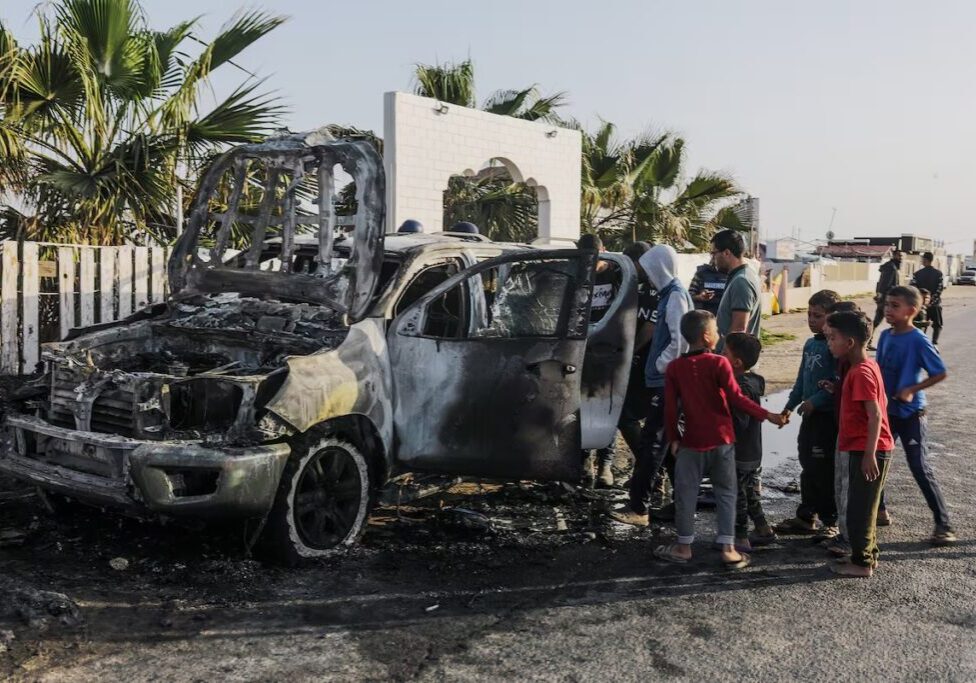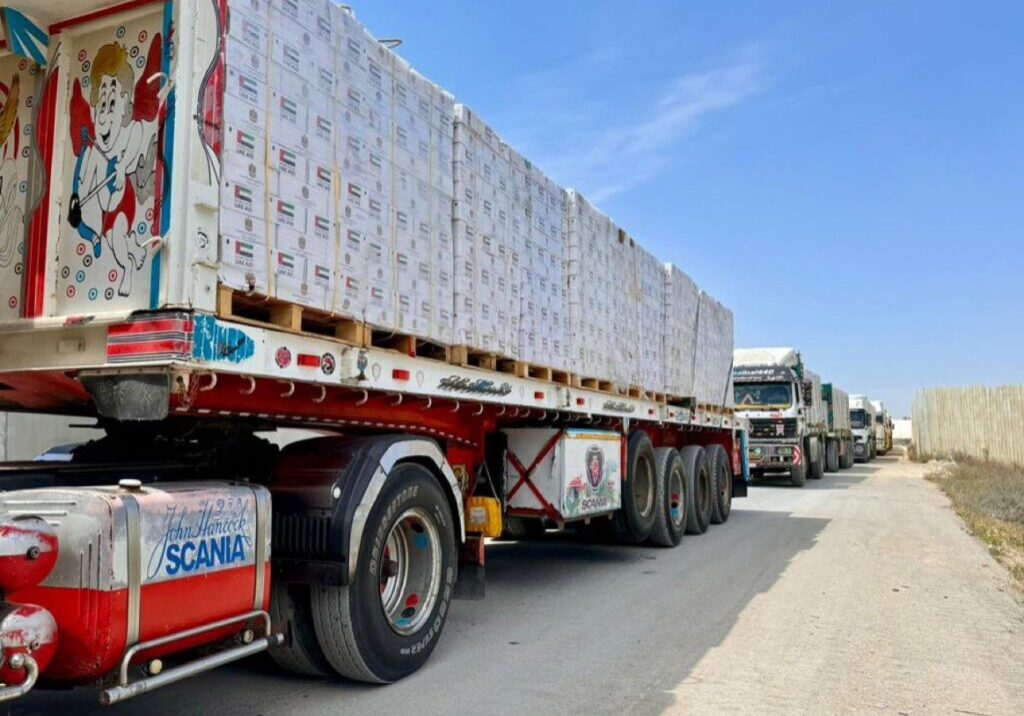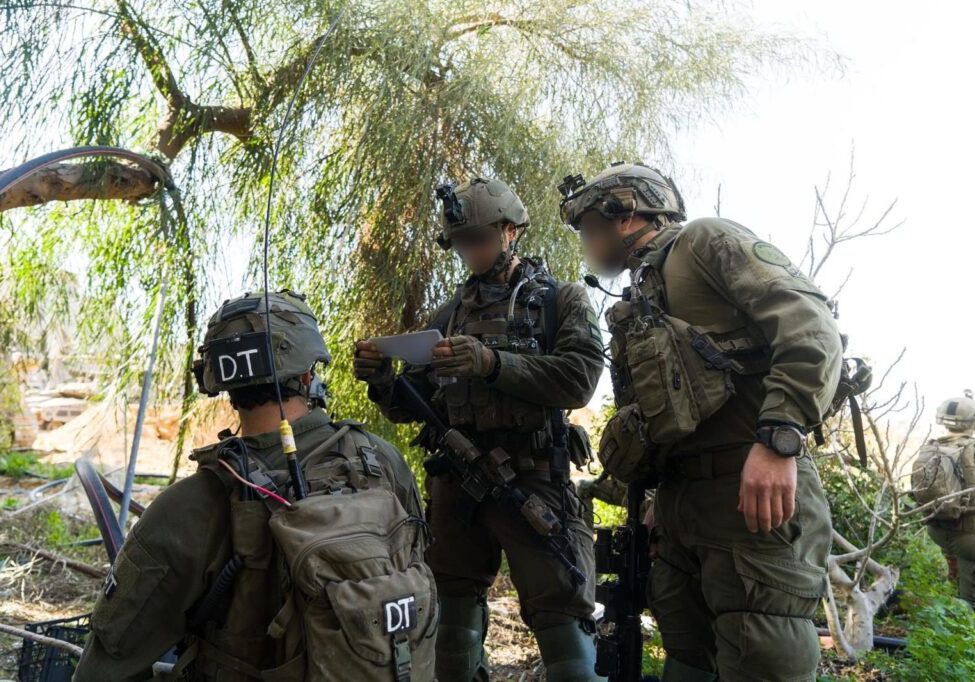Australia/Israel Review
Deconstruction Zone: A job well done
Mar 26, 2010 | Bren Carlill
Bren Carlill
Yahye Ayyash was Hamas’ chief bomb maker and instructor. In 1996, Israel surreptitiously packed explosives into his mobile phone and rang it. Once Ayyash identified himself, they blew his head off.
The assassination caused howls of outrage from Hamas and some international observers.
Yet his death substantially reduced Hamas’ skills set. Dozens of less skilled Hamas operatives have since accidentally killed themselves whilst preparing bombs and rockets. Killing Ayyash not only saved a few dozen lives from the bombs he would have made, but likely saved hundreds of lives from the bombs made by the people he would have trained. And it taught Israel’s enemies a valuable lesson; “we can get you.” It was a job well done.
Fast-forward 14 years. Mahmoud Mabhouh was Hamas’ chief weapons procurer. Like Ayyash, he was directly and indirectly responsible for dozens of deaths. He was assassinated, allegedly by the Mossad, in a Dubai hotel on Jan. 20. That, too, was a job well done.
Israel has gone and will go to extraordinary lengths to protect its citizens. If Israel was indeed responsible for Mabhouh’s death, then it was just another in a long list of extra-judicial measures. These include last year’s attack on a 23-truck arms convoy in Sudan; Israel’s 2007 destruction of Syria’s nuclear reactor; its 1981 strike on Iraq’s nuclear reactor; various assassinations in the 1970s to kill the planners of the 1972 Munich Olympics attack on Israeli athletes; its raid at Entebbe airport to free Israeli hijack victims and so on.
These attacks, while morally justified, tend to contravene the laws of the countries in which the operations are carried out. Those who criticise Israel’s apparent disregard for legal niceties in these matters would have Israel sit on its hands while its citizens die left, right and centre. Any Israeli government that did so would be deservedly thrown out of office.
Likewise, any Israeli government that disregarded prohibitions against targeting civilians, and other laws of war, would also rightly be voted out.
Which all leads to a pertinent question; was the Dubai hit justified? In a word, yes. This is war, and assassination is hardly a novel military tactic. Sun Tzu was recommending it 2,500 years ago. The Americans are doing it today in Iraq, Afghanistan, Pakistan and Yemen. Last month in Australia’s parliament, both sides of politics literally applauded Indonesian President Susilo Bambang Yudhoyono when he announced the slaying – in what media have described as an “execution-style raid” – of one of Jemaah Islamiah’s chief terrorists, Dulmatin.
Some suggest that Mabhouh’s death was counterproductive. While there were definite negatives, the positives need examining as well.
That an arch-terrorist is now dead, and that it will take Hamas time to replace him with someone of similar calibre, is obvious. But there’s more to it than that.
Whoever killed Mabhouh knew exactly when he was arriving in Dubai. It means Hamas has been thoroughly compromised, which will reduce trust between operatives, decreasing Hamas’ efficiency for some time to come. That’s good for Israel.
That someone was able to unlock Mabhouh’s electronically locked hotel room, slip in, kill him, and leave the room with the door chained from the inside just increases the mystique of Israel’s espionage service (since, regardless who did it, Hamas and others believe it was the Mossad).
The only operational downside – and it’s a big downside – is that the Dubai Police claim to have identified the passports used by the assassins.
The steady leaking of information by the former every few days for weeks after the story broke ensured that it didn’t leave the front page. By embarrassing Israel, Dubai succeeded in keeping journalists from asking serious questions of the emirate.
Almost nobody asked why this arms-smuggler and terrorist was in Dubai. Few questioned why a known Hamas operative was allowed to enter the country under his real name, or queried the five fake passports on him at the time of his death.
Indeed, almost no one pointed out that Dubai and the other emirates are hubs for illegal businesses, where international companies skirt the UN Security Council-imposed sanctions against Iran, and where Hamas terrorists go to buy weapons.
There is a serious aspect to the affair for Australians; the abuse of the nation’s passports. In a statement on the issue, Foreign Minister Stephen Smith said it would be considered an “unfriendly act” by Israel, if it were to be proven that Israel had used Australian passports. And, indeed, who would disagree that fraudulently using Australian passports cannot be condoned?
It is proper that the government is upset someone has misused Australian passports, and is investigating the issue.
What journalists and others should be asking, however, is how is it that a known terrorist like Mabhouh can wander the streets of a major city freely, without fear of arrest? Why is there more chance of an Israeli politician appearing at an international court on trumped up charges of war crimes than there is of Hamas or other terrorist operatives appearing there?
And given this, does the world offer Israel, or any other country on the front line of the terrorist war launched by violent Islamists, any other choice than to kill enemy combatants when and where it can?
Tags: Indonesia, International Security






